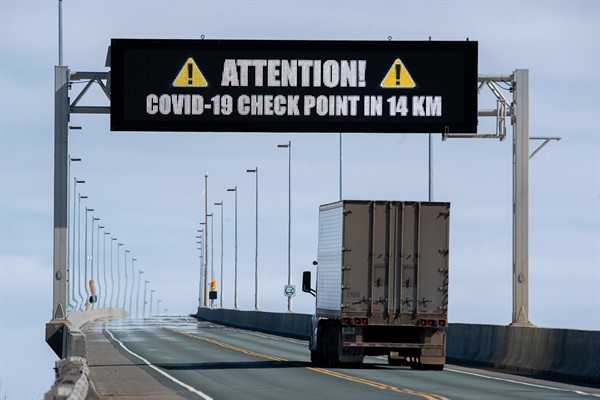Throughout history, outbreaks of infectious disease have often been linked with illicit trade. A cholera outbreak in Mexico during the 1990s, for example, is believed to have originated with an infected person from South America who arrived on an illegal airstrip used for drug trafficking. The historian Julia Clancy-Smith writes that in mid-19th-century Tunisia, “contraband, quarantine, and cholera worked together.” And while the precise origin of the coronavirus pandemic currently sweeping the globe is unknown, the illicit wildlife trade in China may have been a major factor.
Once they spread widely, infectious diseases also disrupt the illicit drug trade at all stages of the supply chain, from the production of raw materials to the distribution on the street. The current crisis, unprecedented as it may be, is no different. As a result, major organized crime groups are being forced to adapt their operations, with potentially far-reaching implications for consumers, policymakers and law enforcement agencies.
Some caveats are worth stressing right off the bat. At this stage in the pandemic, with so little official data available, it is far too early to know how things will evolve. There may be both harms and benefits to producers, traffickers and consumers. Moreover, just as the illicit drug trade and drug policies vary greatly across countries, it is difficult to generalize given that lockdowns and quarantines have “been applied in very different ways across the world,” according to Angela Me, chief of the Research and Trend Analysis Branch at the United Nations Office on Drugs and Crime.

